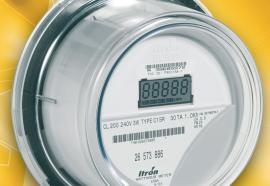Special Section On Metering: Thinking Smart
What a difference a year makes. In 2004, automated metering infrastructure (AMI) was in something of a slump, but the Energy Policy Act of 2005, an uptick in natural disasters, and encouraging results from pilot projects have strengthened the business case for investing in AMI.
What a difference a year makes.
In 2004, the automated metering industry was in something of a slump. After the 2003 Northeast blackout, and facing rising gas prices and diminished investor confidence during a time of war, many utilities put automated meter reading (AMR) on the back burner.






